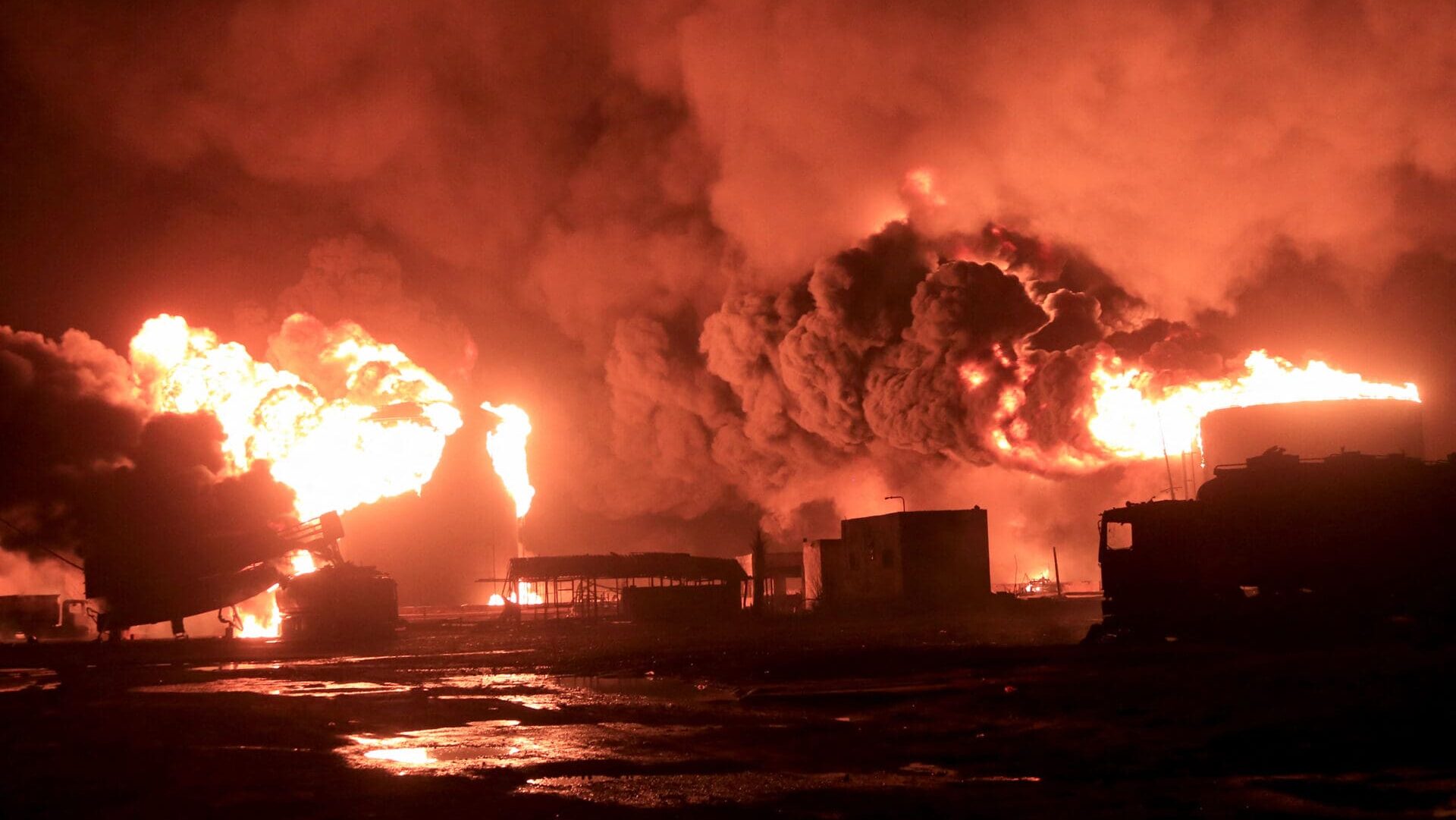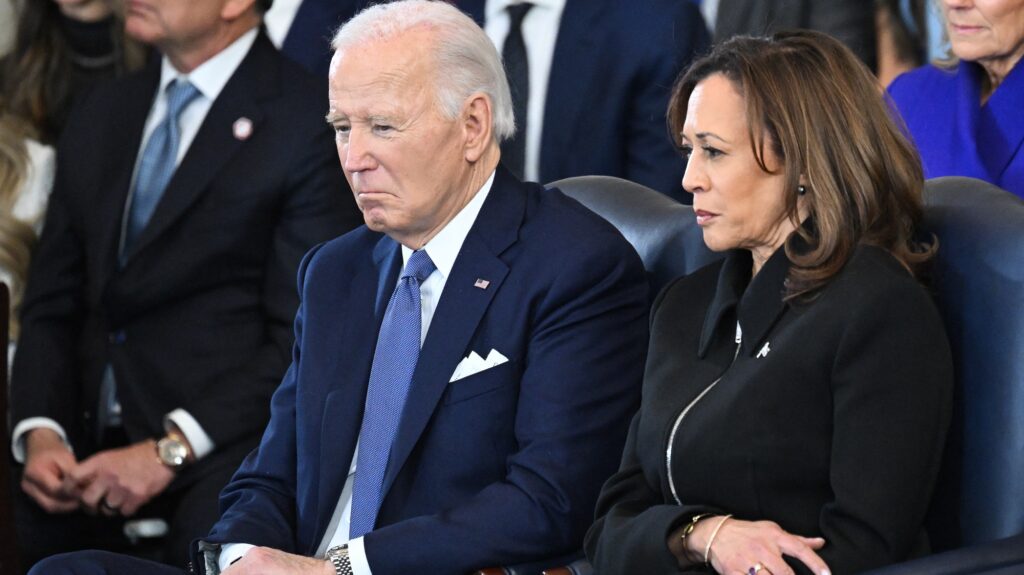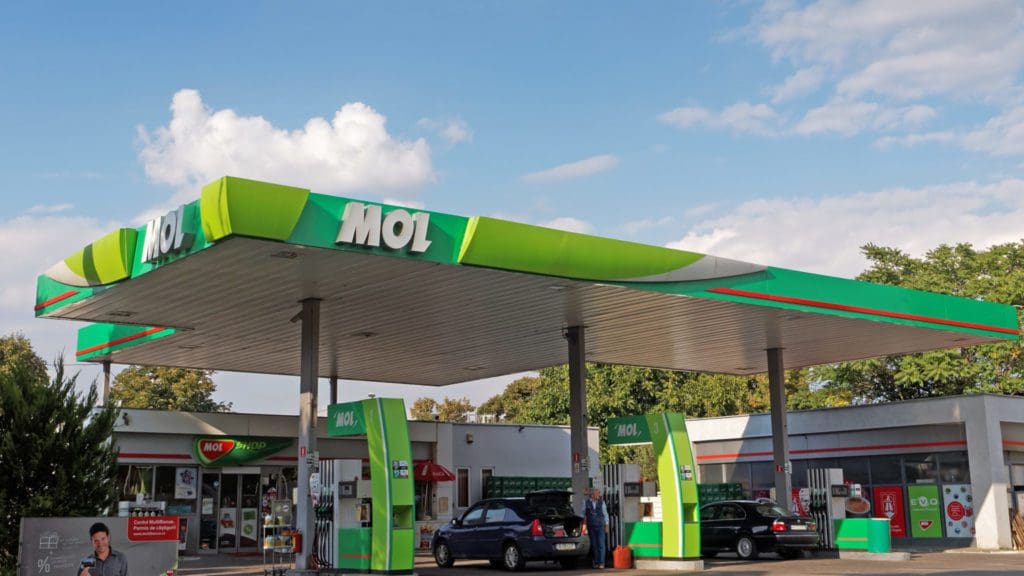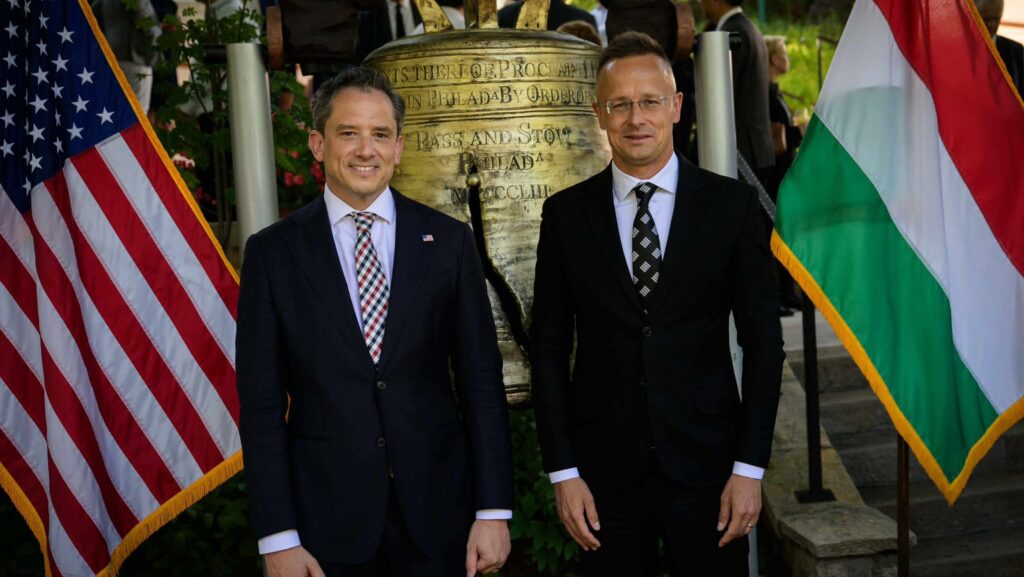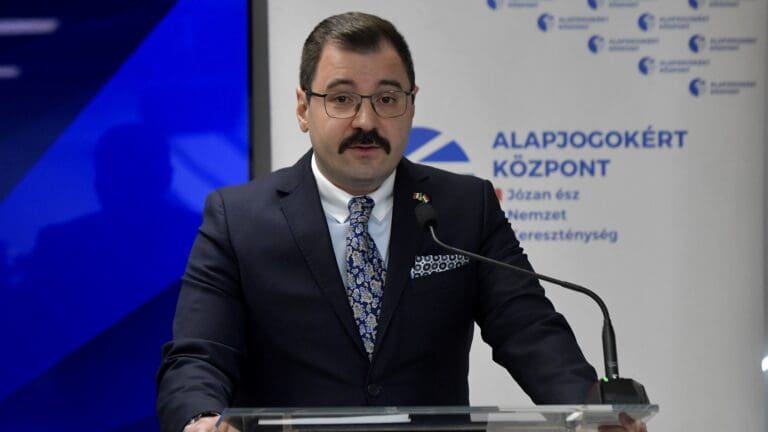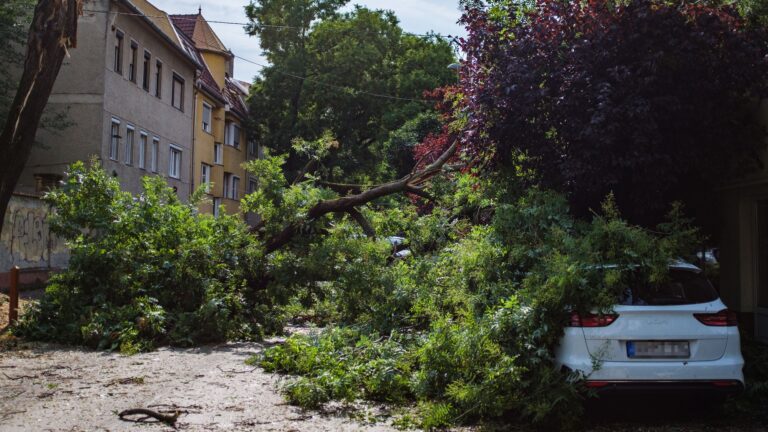For the first time since the outbreak of the Israel–Hamas war in October last year, Israel struck Yemen over the weekend. The retaliatory strike followed a deadly drone attack on Tel Aviv launched by Yemeni Houthis.
Since the conflict flared up, the Yemeni Houthis have been attacking cargo ships passing through the Bab-el-Mandeb Strait, a critical crossing for world trade, that they consider to be allied with Israel. An international coalition led by the United States has been formed to protect these ships, which has helped to reduce the intensity and negative impact of the attacks. However, the Houthis’ activities have still caused a noticeable decline in international trade.
However, since the outbreak of the war, there had never been an instance of the Iranian-backed militia successfully attacking Israel on its own territory. That changed on 19 July when Yemeni rebels launched a drone strike on Tel Aviv, which hit a spot near the US Consulate, killing one person and injuring four others. The attack came hours after the Israeli army confirmed the elimination of a senior commander of Hezbollah, the Lebanese terrorist organization also backed by Iran.
A new angle of the drone strike that occurred in “Tel Aviv” pic.twitter.com/kL7nuW9HIC
— deeeeeee (@revolutionaryem) July 19, 2024
‘We will continue to strike these targets in response to the enemy’s massacres and daily crimes against our brothers in the Gaza Strip,’ Houthi spokesperson Yahya Saree said after the strike. ‘Our operations will only cease when the aggression stops and the siege on the Palestinian people in the Gaza Strip is lifted.’
The Israeli response was swift. On Saturday, Israeli aircraft carried out a successful attack on the Yemeni port of Hodeidah. According to Houthi reports, the strike killed at least six people and injured many more. Houthi spokesperson Mohammed Abdulsalam stated that the strikes had also hit civilian targets and a power station.
Israeli fighter jets strike Houthi targets in Yemen following the drone attack against Tel Aviv. Updates to follow. pic.twitter.com/lTOJsjLK9C
— Trey Yingst (@TreyYingst) July 20, 2024
Israeli Prime Minister Benjamin Netanyahu stressed that the port was used by Iran to bring arms into Yemen. ‘The port we attacked is not an innocent port. It was used for military purposes; it served as an entry point for deadly weapons supplied to the Houthis by Iran,’ he said in a statement on Saturday.
Netanyahu also remarked that the operation, which targeted sites located at 1,800 km from Israel’s borders, demonstrated Israel’s commitment to responding to threats. ‘It makes it clear to our enemies that there is no place that the long arm of the State of Israel will not reach,’ Netanyahu said.
From the beginning of the war, I made it clear that Israel will act against all attackers, which is why we struck Houthi targets in Yemen yesterday in response to the deadly drone attack near the US Consulate in Tel Aviv.
— Benjamin Netanyahu - בנימין נתניהו (@netanyahu) July 21, 2024
The targeted port is used for smuggling weapons from Iran… pic.twitter.com/7mO6s5dVGB
These events pose a significant risk of escalation, potentially expanding the war, currently concentrated in the Gaza Strip, into a wider regional conflict. Yehya Saree stated after the Israeli strike that the Houthis are ‘prepared for a long war’ with Israel and that Tel Aviv is still not safe. Israeli Defence Minister Yoav Gallant warned that the ‘blood of Israeli citizens has a price’ and that if Israelis are attacked, the ‘result will be identical’ to what has been seen in Lebanon and Gaza.
Houthi leader Abdul Malik al-Houthi stated on Sunday in a televised address on Houthi-run Al-Masirah TV that the group intended to continue ‘the fifth stage of escalation in support of Gaza’. On the same day, the Israeli military announced that it had intercepted a missile approaching Israeli territory from Yemen, while the Houthis claimed to have launched ‘a number of ballistic missiles’.
Hungarian Minister of Foreign Affairs and Trade Péter Szijjártó recently held talks with his Lebanese counterpart regarding the situation in the Middle East. He emphasized that Lebanon is a key player in ensuring regional stability and avoiding an escalation of the conflict. Szijjártó urged the European Union and the international community to do everything possible to prevent Lebanon from becoming a party to the war. Since the beginning of the conflict, Lebanese Hezbollah has been attacking the Israeli–Lebanese border with varying degrees of intensity and launching rocket attacks against Israel.
Netanyahu is meeting US President Joe Biden today in the United States. Their discussions will focus on the situation in Gaza and Washington’s continued support for Israel.
Related articles:

